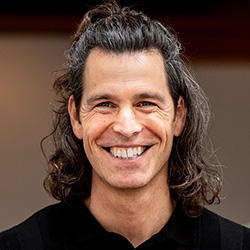
NVC Resources on Dialogue
-
In this lively video, veteran trainer, Liv Monroe, introduces the NVC mascots of jackal and giraffe by detailing what they represent and how they are used to teach NVC dialogue to others. Many examples of jackal expression are used throughout the video.
-
Join Roxy Manning for a provocative fishbowl discussion about how privilege and lack of privilege affect people of color.
-
Join Dian Killian and Mary Mackenzie for a provocative fishbowl discussion about how privilege and lack of privilege affect women.
-
Join Alan Seid for a provocative fishbowl discussion about how privilege and lack of privilege affect men.
-
Join Jeff Brown for a provocative fishbowl discussion about how privilege and lack of privilege white people.
-
The notion of "micro-aggressions" may be levied by those in the dominant class - for example white folks may talk about receiving micro-aggressions when a (legitimately) angry BIPOC references them as "white". This shuts down the conversation and feeds a myth that everyone's pain about race is equal. It doesn't foster dialogue that moves us towards a more equitable, compassionate world. Read on for more about the complexity.
-
Duke Duchscherer shares what the role of the facilitator is in a restorative circle.
-
How do you solve a conflict? By not trying to solve it! Yoram suggests building your conflict resolution muscles by practicing connecting to the needs behind the conflict instead. Check out this excerpt from Session 1 of his 2021 course, Connecting in Conflict and the Art of Navigating Dialogue. Listen.









